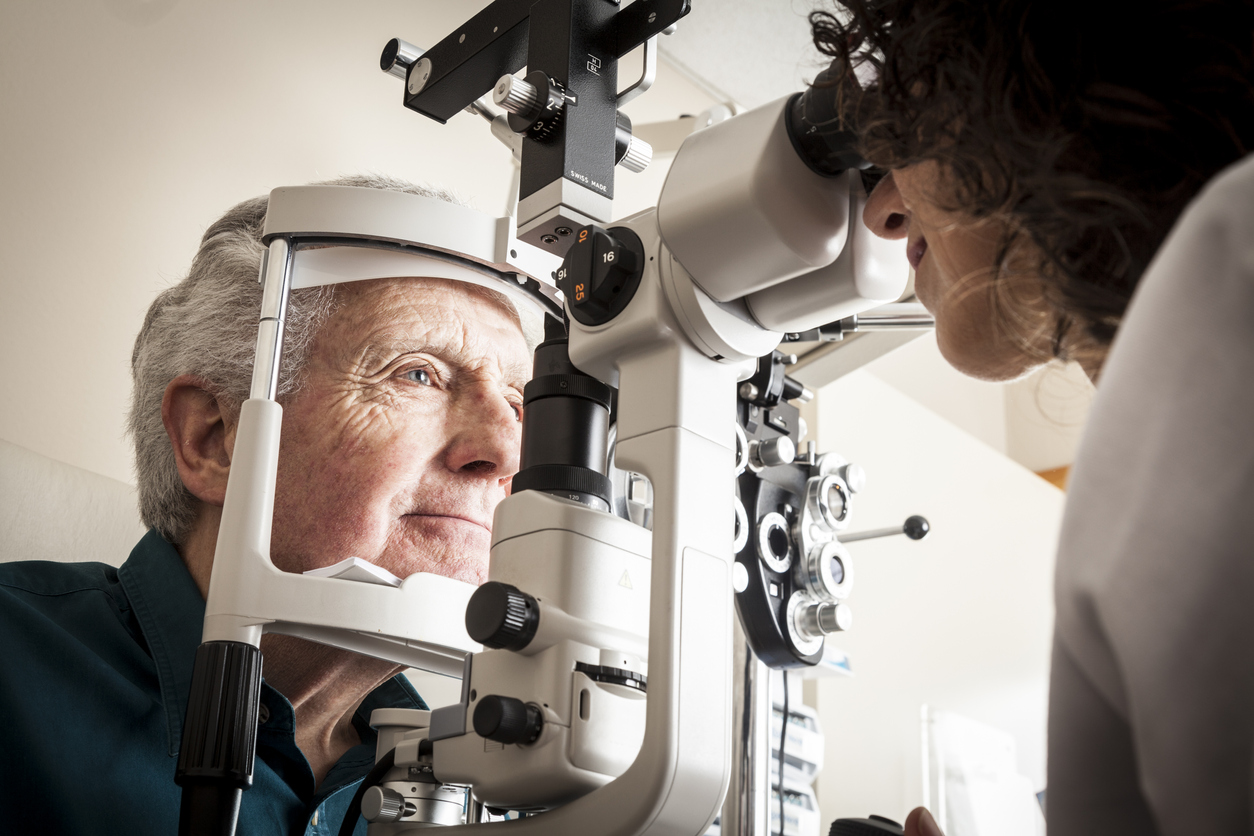What Happens to the Retina as We Age?

We all know that the quality of our vision can change as we grow older. It can become difficult to focus or see fine details, among other issues. Many simply assume that worsening vision quality and aging go hand-in-hand and that there’s not much that can be done. However, this is not exactly accurate as there is more to the story of how aging can impact our eyes. We invite patients to learn more about their eyes, specifically the role of the retina, including what can be done to protect your vision long-term.
What is the retina?
Located along the inside back wall of the eye, the retina is a thin layer of light-sensitive tissue. It is responsible for organizing the visual information you observe and sending this information to the brain. When damaged due to injury or disease, a person’s vision can be impacted depending on the severity of the problem. In some cases, moderate to severe vision loss is possible, especially without proper diagnosis and treatment.
How is the retina affected by aging?
As we age, the retina can become more susceptible to disease that specifically relates to growing older. Examples of which can include diabetic retinopathy, cataracts, and age-related macular degeneration (AMD). A lot of retinal issues have to do with the breakdown of previously strong, intact tissues, blood vessels, connections, and other parts of the retina. It’s important for patients who notice a change in their vision to connect with their doctor as soon as possible so a diagnosis can take place.
How can I protect my retina?
The effects of growing older cannot be entirely evaded, but there are steps you can take to protect the health of your retina for as long as possible. This starts with optimizing your overall health, as so many retina conditions can stem from existing health issues, like diabetic retinopathy. Taking care of your eyes themselves should include always wearing sunglasses anytime you’re outdoors with sunlight and protective eyewear for activities like home improvement projects and sports.
What retina symptoms should I be aware of as I age?
- Strain or fatigue while reading or doing basic activities
- An increase of floaters
- Flashes of bright light
- Reduced peripheral vision
- Pain or swelling of the eye
- Inability to focus
- Blurriness
- Frequent changes in eyewear prescription
It’s important to stay on top of your vision health by scheduling regular eye exams. In many cases, good vision health can be retained when conditions are caught early on. For advanced retinal care in Long Island and Queens, NY, contact VRC today.


